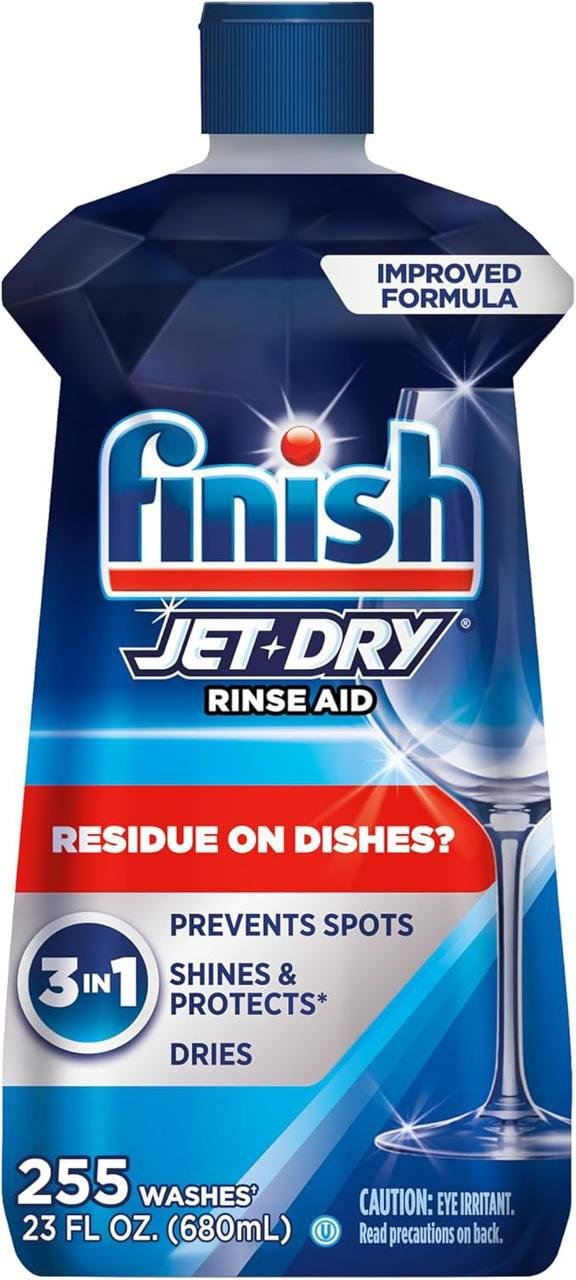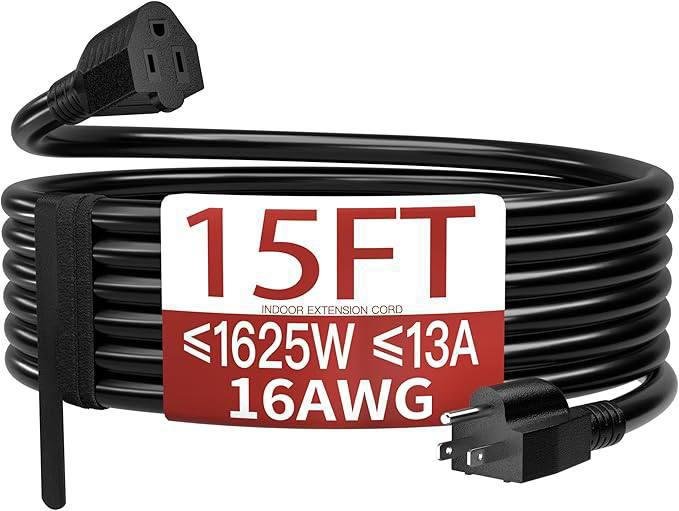Maintaining good health shouldn’t be a luxury reserved only for those with big budgets. In fact, staying healthy on a budget is completely achievable with smart choices and simple lifestyle adjustments. From nutritious eating to affordable fitness routines, taking care of your body and mind doesn’t have to drain your wallet.
In this article, we’ll explore practical, affordable wellness tips to help you stay healthy on a budget without sacrificing quality or results. Whether you’re looking to boost your immunity, manage stress, or maintain fitness, these cost-effective strategies can make a big difference.
Why Affordable Wellness Matters
Good health is the foundation for a happy, productive life. However, the misconception that wellness requires expensive gym memberships, pricey supplements, or organic-only diets often discourages many from starting.
Affordable wellness is about making sustainable, accessible choices that fit your lifestyle and finances — because everyone deserves to feel their best.
1. Eat Nutritious, Budget-Friendly Meals
A balanced diet is key to good health, but eating nutritious food doesn’t mean buying the most expensive items.
? Shop seasonal and local produce: Seasonal fruits and vegetables are fresher and cheaper.
? Buy in bulk: Grains, beans, and nuts are affordable when purchased in bulk and can be stored for long periods.
? Cook at home: Preparing your meals allows you to control ingredients, reduce waste, and save money compared to eating out.
? Plan meals: Creating weekly meal plans and grocery lists minimizes impulse buys and ensures you use what you purchase.
2. Stay Active Without Expensive Gym Memberships
You don’t need a costly gym membership or fancy equipment to stay active.
? Walk or bike: Incorporate walking or biking into your daily routine to boost cardiovascular health.
? Use free workout apps and videos: Platforms like YouTube offer countless free workouts — from yoga to HIIT — suitable for all fitness levels.
? Utilize parks and community centers: Many communities offer free or low-cost fitness classes or outdoor exercise areas.
? Bodyweight exercises: Squats, push-ups, planks, and lunges require no equipment and provide excellent strength training.
3. Prioritize Sleep and Stress Management
Good sleep and stress control are crucial for overall health and often overlooked.
? Create a sleep routine: Stick to consistent sleep and wake times, and create a calming bedtime ritual.
? Practice relaxation techniques: Deep breathing, meditation, or journaling can reduce stress without any cost.
? Limit screen time before bed: Reducing exposure to blue light helps improve sleep quality.
? Take breaks and unplug: Regular breaks during work or daily activities help refresh your mind and reduce burnout.
4. Stay Hydrated with Affordable Options
Drinking enough water supports digestion, energy, and skin health.
? Use a reusable water bottle instead of buying bottled water.
? Add natural flavorings like lemon, cucumber, or mint for variety without extra cost.
? Drink herbal teas, which are often affordable and come with additional health benefits.
5. Utilize Preventive Healthcare
Preventive care reduces long-term medical expenses and keeps you healthier.
? Schedule regular check-ups and screenings.
? Practice good hygiene, such as frequent handwashing.
? Stay up-to-date with vaccinations.
? Use community health clinics if you have limited insurance coverage.
6. Practice Mindful Spending on Supplements and Wellness Products
Many wellness products and supplements are heavily marketed but unnecessary for most people.
? Focus on getting nutrients from whole foods first.
? Research before buying supplements and consult healthcare providers.
? Look for affordable, reputable brands if supplements are needed.
7. Cultivate Social Connections for Mental Wellness
Mental health is equally important as physical health.
? Spend quality time with friends and family.
? Join free community groups or online support forums.
? Volunteer or participate in hobbies that bring joy and connection.
8. Take Advantage of Community Resources
Many communities offer free or low-cost wellness resources:
? Local farmers’ markets often accept food assistance benefits.
? Public libraries provide free access to wellness books, fitness classes, and workshops.
? Community centers might host affordable yoga, meditation, or nutrition classes.
FAQs About Staying Healthy on a Budget
Q1: Is it really possible to eat healthy on a tight budget?
Yes! Planning meals, buying in bulk, and choosing seasonal produce can make nutritious eating affordable and enjoyable.
Q2: How can I stay fit without expensive gym memberships?
Walking, home workouts using bodyweight exercises, and free online fitness videos are excellent ways to stay active without spending money.
Q3: What are some low-cost ways to manage stress?
Simple techniques like meditation, journaling, deep breathing exercises, and spending time in nature are effective and free.
Q4: Are supplements necessary for good health?
Not always. Most nutrients should come from a balanced diet. Consult a healthcare provider before taking supplements.
Q5: How do I find affordable healthcare options?
Look for community health clinics, free screenings, and preventive care programs in your area, especially if you have limited insurance.
Staying healthy on a budget is all about smart, intentional choices. From affordable nutritious meals to accessible fitness routines and stress management techniques, you can build a sustainable wellness lifestyle that supports your goals and your wallet.
Start implementing these affordable wellness tips today and enjoy the benefits of a healthier, happier you — without breaking the bank.











